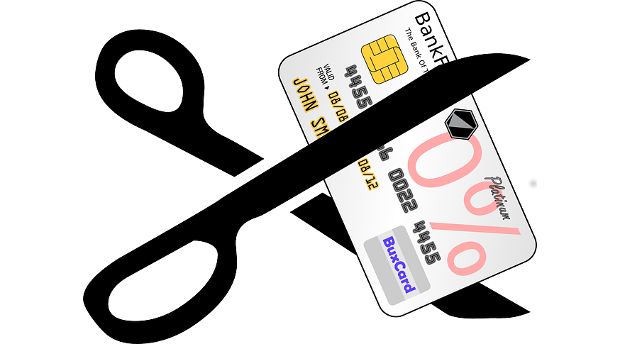Independent Contractors Fight to be Deemed Employees
Post Views 3Drivers currently or formerly working as independent contractors at a shared-ride airport shuttle service in California filed a lawsuit to officially be considered employees. The claim was dismissed by a federal district court. The U.S. Court of Appeals, Ninth Circuit, reviewed the case and had a differing opinion.
Before 2001, SuperShuttle International, Inc. classified its shuttle van drivers in California as “employees.” This was changed to a “unit franchise model” that allowed its subsidiary, SuperShuttle City Licensees, to hire drivers as “independent contractor franchisees.” The suit claimed that the drivers were “misclassified” as independent contractors since, according to California law, they were employees. As such, they felt that they were being denied rights and protections provided to employees under the California Labor Code. This included overtime, minimum wages, reimbursement of business expenses, deductions wrongfully taken from wages, and meal period pay. According to the drivers, the company treated them as employees: designating geographical areas for drivers to work, requiring drivers to charge set fares, and setting detailed standards for drivers’ appearance and behavior while working.

The U.S. Court of Appeals disagreed with the reasons for the district court’s dismissal of claims, stating that a lack of subject matter jurisdiction was “a question of law.” It noted that a federal court must apply California law “as it believes the California Supreme Court would apply it.” In its ruling, the court detailed its points on deciding if any ruling from the district court “would hinder, frustrate, interfere with, or obstruct regulatory authority” by the PUC. With regard to the Public Utilities Code in a position of authority, the appeals court noted that the Code also states that public utilities are subject to California law. In the same vein, the drivers’ claims of a California Labor Code violation fall within the scope of the Public Utilities Code, which allows private suits against public utilities for such violations.
The U.S. Court of Appeals reversed the federal district court’s ruling to dismiss the drivers’ claims. The case was remanded for further proceedings.
Independent Contractors Fight to be Deemed Employees by Harrison Barnes



 Top 5 Areas You Should Cut Costs in Your Business in 2016
Top 5 Areas You Should Cut Costs in Your Business in 2016  How to Deal with Negative Employees
How to Deal with Negative Employees  10 Things to Look for When Hiring
10 Things to Look for When Hiring  What’s Lacking in the Work Place
What’s Lacking in the Work Place  When to Visit Human Resources
When to Visit Human Resources  Telecommuting Doesn’t Work for All Jobs
Telecommuting Doesn’t Work for All Jobs  Want to Be a Great Leader? Learn to Listen
Want to Be a Great Leader? Learn to Listen  Top 10 Most Popular Granted Employer Articles of 2017
Top 10 Most Popular Granted Employer Articles of 2017